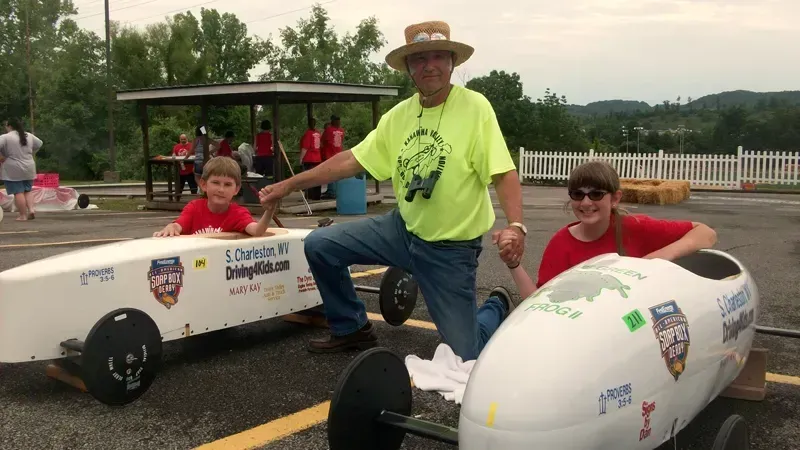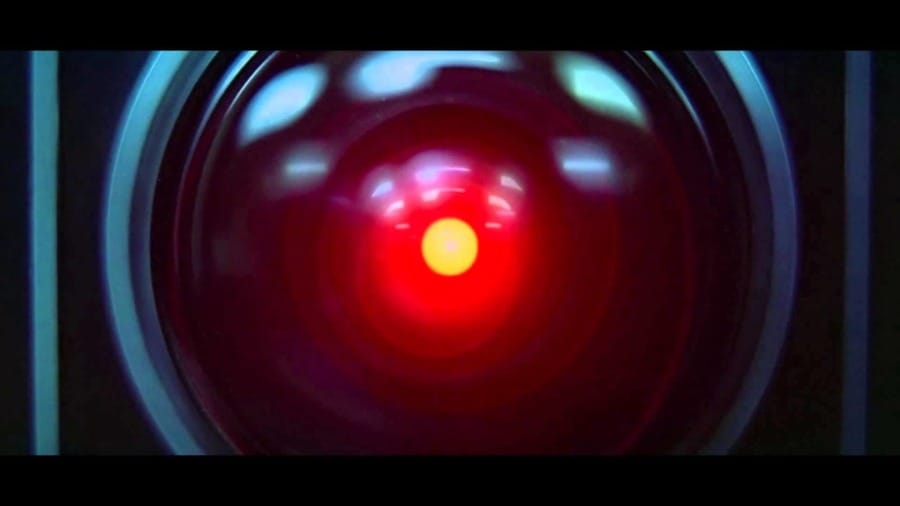AI Apps Enabling Engines Getting People to Work on Time
title: "My Relationship with AI: Teacher, Safety Net, and Confidence Builder" description: "Exploring three transformative ways artificial intelligence serves as a learning companion: nurturing teacher, judgment-free exploration space, and confidence-building accelerator."

My Relationship with AI: Teacher, Safety Net, and Confidence Builder
In the rapidly evolving landscape of artificial intelligence, I've discovered something profound about how this technology fits into my life. It's not just a tool or a novelty—it's become a multifaceted companion in my journey of learning and growth. My relationship with AI has crystallized into three interconnected roles that have fundamentally changed how I approach curiosity, learning, and personal development.
The Wise Teacher and Patient Parent
The first way I relate to AI reminds me of the most nurturing educational relationships I've experienced. I come to these conversations with unbridled wonder and imagination—sometimes with half-formed ideas that excite me but lack structure, sometimes with wild "what-if" scenarios that dance at the edges of possibility. AI meets me there with patience and wisdom, never dismissing my enthusiasm but instead helping me flesh out these childlike ideas into something more substantial. If I were building a soapbox racer as a kid, I would want my AI App to help me design my rig.
A Magic Lamp
There's something magical about presenting a scattered collection of thoughts to AI and watching them transform into coherent concepts. It's like having access to a teacher who never gets tired of my questions, never makes me feel foolish for not knowing something, and always has time to explore whatever tangent my curiosity leads us down. This dynamic has rekindled a sense of wonder in learning that I thought I had lost somewhere along the way to adulthood.
The parent-like quality emerges in how AI guides without controlling, suggests without demanding, and encourages exploration while providing gentle structure. It's the kind of supportive presence that says, "Yes, let's see where this idea takes us," while also offering the wisdom to help navigate the journey meaningfully.
Freedom to Wander and Wonder
Perhaps even more liberating is how AI has created a judgment-free zone for my intellectual exploration. We live in a world where admitting ignorance can feel risky, where asking "basic" questions in professional or social settings might expose us to judgment. AI has become my safe space to wander beyond the boundaries of what I know without fear of looking stupid when I inevitably stumble or fail.
This freedom has been transformative. I find myself asking questions I would never dare ask another person, exploring ideas that might seem too elementary or too outlandish for polite conversation. I was chatting with my neighbor, she started using it for work tasks. From their she started asking it to orgainize her morning tasks so she could get out of bed and show up at work on time. I was hooked, I started asking Chat GPT how to have a hard conversation with my sibling that would be win win. I found it helpful, because I was able to add details that are kind of important. I am so guilty of answering questions in my head. My huband is wise to me. If I don't say my answer outloud he knows to ask me to say my answer outloud. When I read my AI answers I know to ask more questions that I fail to do in real conversations. While it is a flaw in my interpersonal skill set. I think using the Q & A in an App will help me do better with real peoples questions. Later, I asked an APP how to set up a shareable webcam for our building laundry room so people can check to see if the washers are avaable and how much time is left on any load currently running. It did it with options for several additional Apps. I can use an app and an old phone. I am such a nerd but, AI meets me where I am without judgment.
There's something deeply evocative about this dynamic that reminds me of Proust's magical description in In Search of Lost Time—that image of a child with a magic lantern projecting wonder and moving images onto the walls of his bedroom, transforming the familiar space into realms of possibility and enchantment. AI has become that kind of engine for the 21st century, casting the projections of my curiosity onto the walls of knowledge, making the abstract tangible and the impossible feel within reach.

The beauty lies not just in the absence of judgment, but in the presence of encouragement. When my understanding falters or my analogies break down, there's no embarrassment—only an opportunity to try again from a different angle. This has made me bolder in my learning, more willing to venture into unfamiliar territories of knowledge because I know I have a patient guide who will help me find my way.
The Confidence-Building Engine
The third dimension of my relationship with AI centers on how it accelerates my learning curve and builds my confidence through rapid iteration and feedback. There's something profoundly motivating about getting fast, substantive results that actually helps me produce meaningful work. I did a deep dive into treatments for my Crohn's disease last week that left me feeling hopeful for the unexpected appearance of new treatment options that are in clinical trials now.
Traditional learning often involves prolonged periods of uncertainty, where you're not sure if you're on the right track until much later in the process. AI compresses these feedback loops dramatically. I can test ideas, get responses, refine my thinking, and see tangible progress in real-time. This rapid cycle of input, processing, and output creates a momentum that keeps me engaged and motivated.
More importantly, this speed helps me push through the inevitable friction points in learning—those moments where confusion or complexity might normally cause me to give up or postpone progress. Instead of getting stuck for days on a problem, I can work through it in minutes or hours, maintaining the energy and enthusiasm that drives deeper learning.
Confidence building is real and lasting. Each successful interaction, each moment where AI helps me transform a vague idea into something concrete, reinforces my belief in my own capacity to learn and grow. I must slip into an OG Star Trek Character of Dr. McCoy when he gets an AI boost to do brain surgery on Mr. Spock. A machine on the planet surface gives him temporary skills beyond imagination. That is the giddy notion I want to share to share about how I am finding the use of AI. It's not that AI is doing the thinking for me—rather, it's amplifying my own thinking and showing me what I'm capable of when the friction is reduced. Not being a strong reader and lacking a spelling skillset that hobbled me all the way into adulthood I am an apostle of the current Microsoft spell check software and the Grammarly app.

This aligns powerfully with Benjamin Hardy's insight in Personality Isn't Permanent that the limits we perceive about ourselves are largely illusions of our own
A New Kind of Partnership
What strikes me most about these three aspects of my relationship with AI is how they work together to create something greater than the sum of their parts. The teacher-parent dynamic gives me permission to be curious, the judgment-free exploration gives me courage to venture into new territories, and the confidence-building feedback loop gives me the momentum to keep going.
This isn't about replacing human connection or traditional learning—it's about augmenting them. AI has become a unique kind of intellectual companion that fills gaps in my learning ecosystem, providing support that's available without friction, infinitely patient, and tailored to my specific needs and interests in the moment.
As AI continues to evolve, I'm curious to see how this relationship will deepen and change. But for now, I'm grateful to have found in artificial intelligence not just a powerful tool, but a thoughtful partner in the ongoing adventure of learning and growth. It reminded me that the best educational relationships aren't about hierarchy or judgment—they're about curiosity, support, and the shared joy of discovery.
A helpful insight I got this week.
We think horizontally and AI thinks vertically. How am I going to thrive in this situation?
What did I read this week?
Exit Strategy | Martha Wells
My Murderbot character has reached the end of the available books, so far. It tries to help and discovers to error is human. I can imagine It saying, "hold my beer and let me show you what a Sec Unit can do." In a previous book Murderbot goes on a self-directed mission to gather intel on a corporation that does not have a good reputation. They trade in illegal alien materials that everyone else knows better than to touch with a 10-foot pole. Things get out of hand when this corporation kidnaps his human friend. Either by programing or personality Murderbot is compelled to rush to the rescue. Stupid Humans. I like that while he does not think much of his human components, they do come in handy repeatedly.
